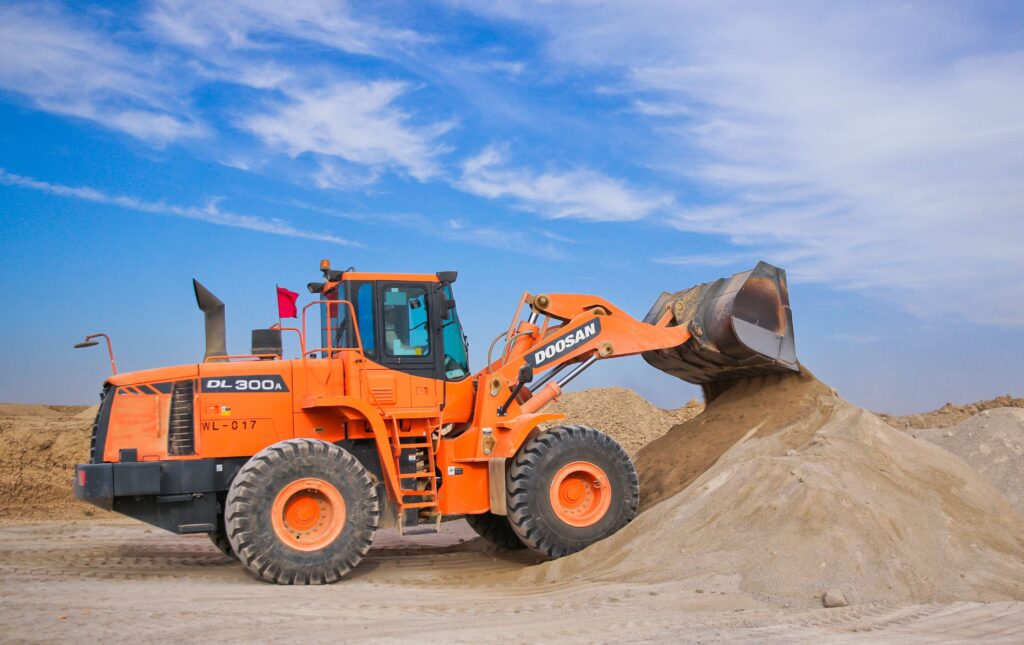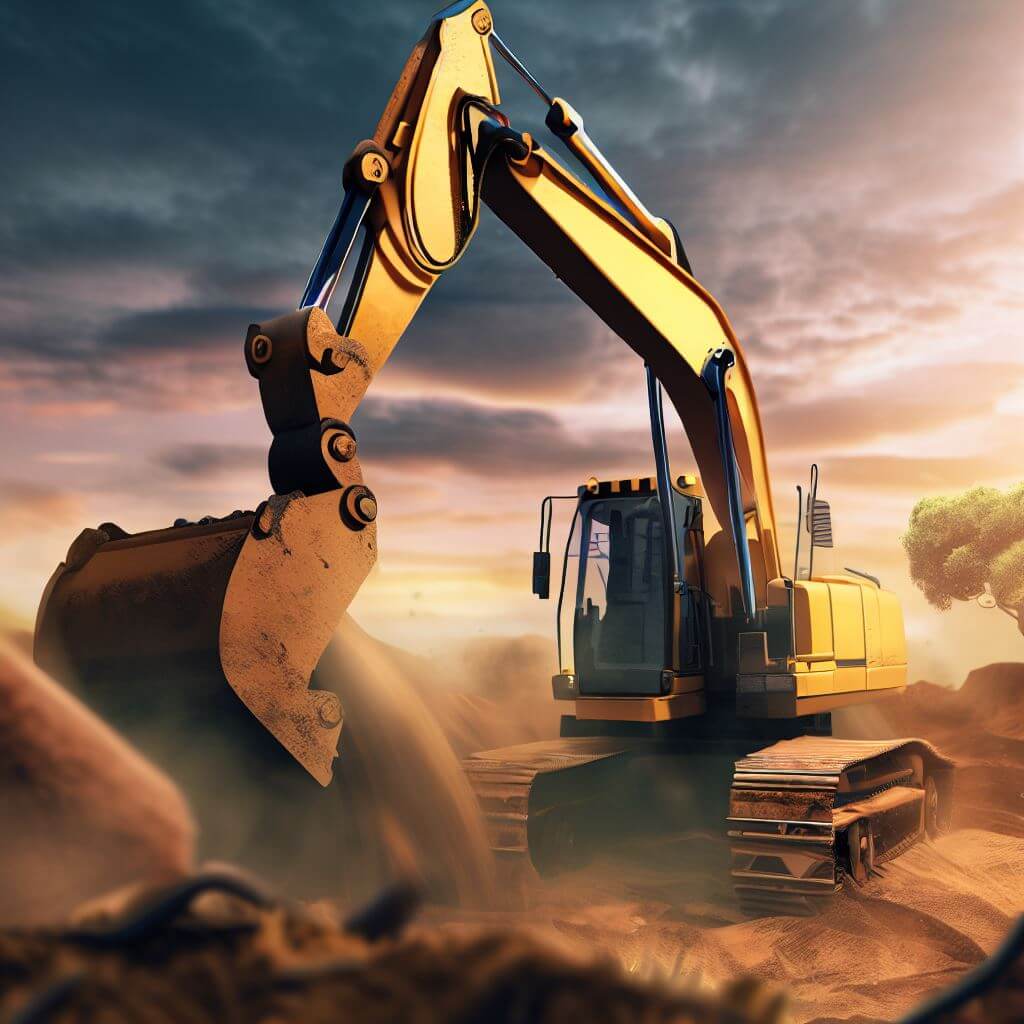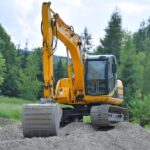
How Much Does Excavation Truly Cost?
Key Takeaways
| Key Takeaways |
|---|
| Excavation costs vary based on project scope, soil conditions, and location. |
| Understanding the influencing factors is essential for budgeting. |
| Common excavation services have distinct cost considerations. |
| Equipment, labor, permits, and regulations contribute to expenses. |
| Accurate cost estimation involves multiple quotes and quality assessment. |
| Planning, efficient equipment, and eco-consciousness reduce costs. |
| Choosing a reputable excavation company is crucial for project success. |
How Much Does Excavation Cost?
Factors That Influence Pricing
When considering excavation costs, it’s vital to comprehend how much excavation truly costs. The price of excavation can fluctuate significantly based on various factors. If you’re among those searching for insights into how much excavation costs, you’re in the right place. At J Hodge Enterprises, we’re committed to transparency when it comes to budgeting for your projects. In this section, we’ll delve deep into the factors influencing excavation costs to ensure you have a clear understanding.
To get an estimation on excavation costs, check out our excavation cost calculator.
Factors Influencing Excavation Costs
Excavation costs are not set in stone; they can fluctuate significantly depending on several key factors. Let’s explore these factors and understand how each one can impact your excavation expenses.
By the way, if you’re in the Georgia area, check out our excavation contact page if your looking for excavation services. We’ll provide a free quote!
Project Scope and Size
The scope and size of your excavation project are primary cost determinants. Larger and more complex projects generally require more time, labor, and equipment, leading to higher costs. Factors to consider include:
- Volume of Earth Moved: The more earth that needs to be excavated, the higher the costs.
- Project Duration: Longer projects often have higher overall expenses due to extended labor and equipment rental.
Type of Excavation
The type of excavation project you’re undertaking also plays a significant role in cost variations. Common types include:
- Residential Excavation: Typically involves smaller-scale work, such as digging foundations, pool installation, or landscaping.
- Commercial Excavation: Larger-scale projects for commercial properties, like site preparation for shopping centers or office buildings.
- Industrial Excavation: Large-scale projects related to industrial facilities, often involving substantial earthmoving and site development.
Soil and Terrain Conditions
The composition of the soil and the terrain on your site can greatly affect excavation costs. Furthermore, soil types can be categorized as easy-to-excavate or challenging, based on factors like:
- Rocky Soil: Excavating through rock can significantly increase costs due to the need for specialized equipment and labor.
- Soft or Sandy Soil: Easier to excavate, but may require additional safety precautions.
- Water Table: A high water table can make excavation more complex and expensive.
Accessibility and Location
The accessibility of your project site also plays a role in determining costs. Sites that are hard to reach or located in densely populated areas can present challenges, including:
- Restricted Access: Limited space for equipment and trucks can lead to increased labor costs.
- Urban vs. Rural: Urban locations may have higher labor and permitting costs compared to rural areas.
Environmental Considerations
Environmental factors can influence both the cost and complexity of excavation projects. These considerations include:
- Environmental Regulations: Compliance with environmental regulations and permits can add costs.
- Sensitive Areas: Sites near wetlands, rivers, or protected habitats may require special precautions and mitigation efforts.
How Much Does Excavation Cost for Common Services?

Site Preparation
Site preparation is the cornerstone of most construction projects, involving activities like clearing, grading, and soil compaction. The cost of site preparation can vary widely based on several factors.
Key Cost Factors:
- Site Size: Larger sites generally incur higher costs due to the extended work involved.
- Existing Vegetation: Clearing dense vegetation can add to the labor and equipment expenses.
- Grading Requirements: The degree of slope or leveling needed affects the cost.
Trenching and Digging Foundations
For building foundations, utility installation, or plumbing work, trenching and digging are essential excavation services. The depth and length of the trenches influence the costs for these services.
Key Cost Factors:
- Depth of Trenches: Deeper trenches require more excavation work and often more time.
- Soil Type: Hard or rocky soil can increase excavation costs.
- Trench Length: Longer trenches mean more excavation, which impacts the overall cost.
Pool Excavation
If you’re dreaming of a backyard oasis, you’ll need pool excavation services. The cost of pool excavation depends on various factors, including the pool’s size, depth, and design complexity.
Key Cost Factors:
- Pool Size: Larger pools naturally require more excavation work.
- Shape and Design: Unusual shapes or intricate designs may increase excavation costs.
- Soil Conditions: The type of soil on your property can impact excavation expenses.
Land Grading and Leveling
Land grading is crucial for ensuring a smooth, level surface for construction or landscaping projects. The size of the land and its natural slope can influence costs for land grading.
Key Cost Factors:
- Site Size: Larger areas may require more grading work.
- Slope Degree: Steeper slopes often demand additional grading efforts.
- Soil Type: Different soil types may require varying degrees of compaction.
Demolition and Debris Removal
When it’s time to make way for new construction or improvements, demolition and debris removal are necessary. Costs for these services encompass both the demolition labor and the removal of debris.
Key Cost Factors:
- Type of Structure: The complexity of the structure demolished affects costs.
- Amount of Debris: More extensive demolition generates more debris, impacting removal expenses.
- Disposal Fees: Fees for disposing of debris can add to the overall cost.
Environmental Cleanup (If Applicable)
In some cases, environmental contamination may be present on your site, necessitating cleanup efforts. These efforts can be extensive and expensive, with costs driven by the extent of contamination and regulatory requirements.
Key Cost Factors:
- Extent of Contamination: The severity of contamination affects the scope of cleanup work.
- Required Remediation Measures: Different contaminants may require specific remediation methods.
- Regulatory Compliance: Compliance with environmental regulations is crucial, but it can add to the cost.
Frequently Asked Questions (FAQs)
Read More
Learn how much it costs to Excavate Land
- DIY vs. Professional Excavation: Cost Analysis and Considerations
 Excavation projects are crucial for various construction and landscaping endeavors, …
Excavation projects are crucial for various construction and landscaping endeavors, …DIY vs. Professional Excavation: Cost Analysis and Considerations Read More »
- Regional Variations in Excavation Costs: What to Expect
 Key Takeaways: Key Takeaways 1. Understanding Regional Variations: Recognize that …
Key Takeaways: Key Takeaways 1. Understanding Regional Variations: Recognize that …Regional Variations in Excavation Costs: What to Expect Read More »
- Types of Excavation Equipment and Their Impact on Costs
 Key Takeaways: Key Takeaways Proper selection of excavation equipment is …
Key Takeaways: Key Takeaways Proper selection of excavation equipment is …Types of Excavation Equipment and Their Impact on Costs Read More »
- Comparing Excavation Pricing: Hourly Rates vs. Fixed Contracts
 Introduction In the world of excavation, comparing excavation hourly rates …
Introduction In the world of excavation, comparing excavation hourly rates …Comparing Excavation Pricing: Hourly Rates vs. Fixed Contracts Read More »
- Excavation Cost Estimation Methods: From Quotes to Budgeting
 At J Hodge Enterprises, we understand that one of the …
At J Hodge Enterprises, we understand that one of the …Excavation Cost Estimation Methods: From Quotes to Budgeting Read More »
